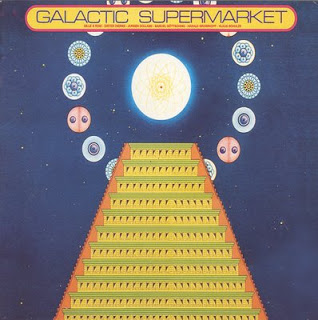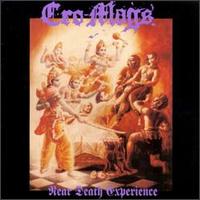
Put that in yr cumhorn and smoke it!
I first got wind of the feisty sorta early music duo Horses Brawl on emusic, which is my favorite of the new-fangled MP3 music delivery systems. Admittedly I have yet to try Rhapsody, but I doubt I’ll really be able to make the shift from recordings as possessions to recordings as ether-streams siphoned from the data cloud. I like emusic because the interface is pretty swell, the paid reviewers are solid, and my friend Evan is really obsessive and has good taste and sends me recommendations all the time. There’s also a decent amount of classical music and some pretty informed (and unpretentious) classical geeks. I mostly download the classical music.
Much user praise was heaped on Horses Brawl’s first self-titled album
Even better is Dindirin
But I’ll stop whinging, because Dindirin is an extraordinary disc, and warrants all the UK buzz it’s apparently gotten. Even more than its predecessor, the album rasps. Ye olde melodies are subjected to gritty timbres and impulsive performative presence: the sweetly rough gestures of physical beings wielding physical instruments whose full range of sounds, far from being frozen in reconstructive amber, remains live and untapped. The slow aching melody of “Bibit,” which is based on a drunken monk’s song from the Carmina Burana, is drawn out of Cannell’s fiddle in scratchy woozy saws, while “Fawrhoro” recalls the rattling, percussive shimmer of West African griot music. The opening “Passim Estampie,” a 13th century Welsh/Bulgarian hybrid, begins with some distorted recorder blasts, followed by the buzzing grumble of a string on Adrian Lever’s guitar, a string tuned absurdly low. And that’s the least of the duo’s tricks. In performance, Cannell also hits the strings of a cello with a tin and wraps a bow around her fiddle, while Lever attacks his steel string with a double bass bow. All these bright and edgy textures add bite to the tunes, but also adds flare to gigs, making them sound now. Even the old school can raise a ruckus.




